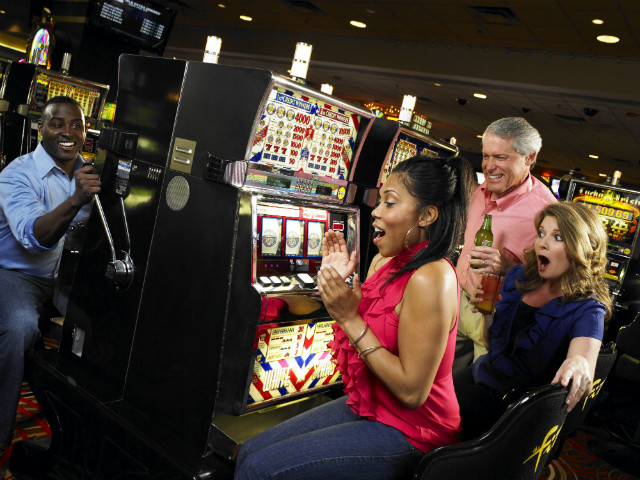
Times have changed
The original slot machines were cool: They were glittering pieces of machinery with reels and symbols; odds could be calculated by the number of said reels and symbols. The modern slot machine is run but a computer; which changes how odds are calculated.
Slot machines have a piece of software called a “random number generator”; it is this, and a set payback percentage managed by the computer, that dictates what symbols you see on your screen. (You can see that this is a game of chance where things are out of your hands.)
Calculating slot odds
First, know that each spin at a slot machine is unconnected to all other spins. The spins do not change as a result of previous spins.
Second, know that the computer software program that makes sure that the casino protects its payback percentage also results in all spins not being equal. The spins are random but unequal, because the slot machine is programmed to come up with enough low payouts to cover the big payouts when they come.
Third, know that the casino cannot change the odds on a particular slot machine, perhaps because it’s been spitting out coins like a bandit. The only way to change the odds on a particular machine is, usually, to replace it. You will be told, however, that the casino can do this. It is untrue.
Fourth, there are laws that govern payback percentages. Government laws: a casino usually has to set its payback percentages somewhere between 85 and 100%. The bottom line is that most slot machines will pay out about 91 cents of every dollar, while keeping 9 cents.
Fifth, knowing that a slot machine is probably going to pay you 91 cents or every dollar you put into it is not an attractive proposition. But knowing that you might be one of the lucky players who hits the jackpot is an extremely attractive one.
Finally, know that the typical casino has it slot machine set so that they come up ahead a whopping 70% of the time. The payback, for the lucky few who hit a jackpot, is similarly staggering.
